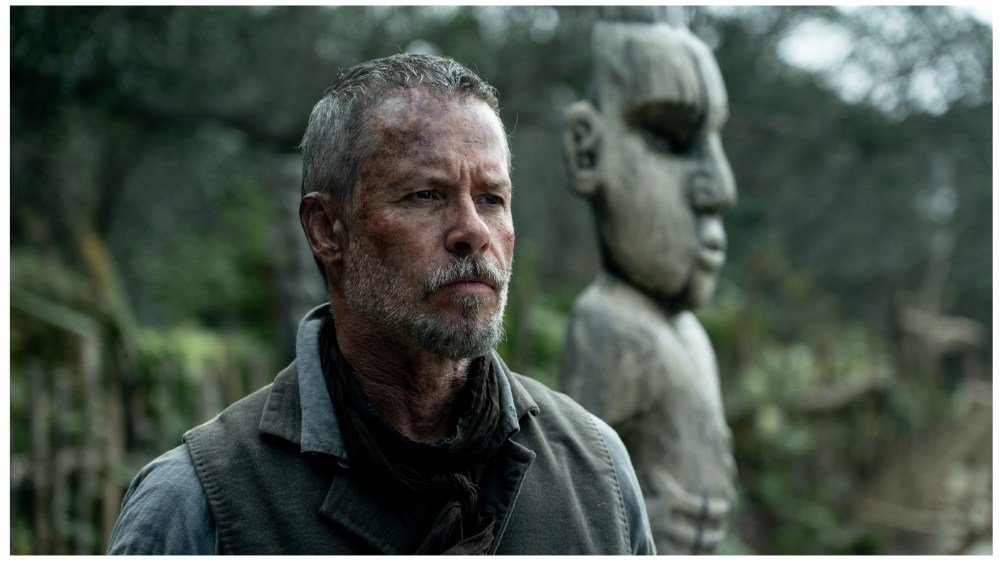ComingSoon Editor-in-Chief Tyler Treese spoke to The Convert star Guy Pearce about the new war drama movie directed by Lee Tamahori. Pearce spoke about the emotional filming experience, what drew him to the project, and more. Magnet Releasing will release the historical epic in theaters and on demand on July 12, 2024.
“Lee Tamahori’s action-filled historical epic stars Guy…









